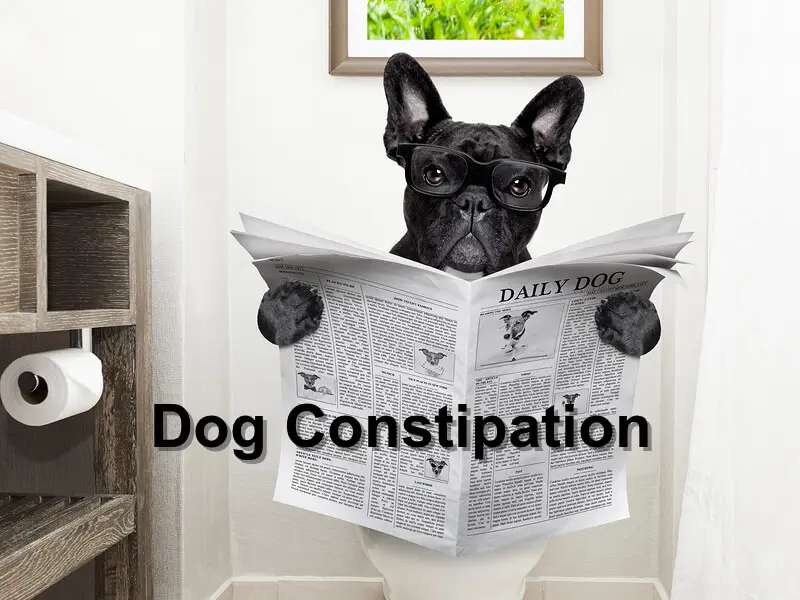How to Treat Dog Constipation
Dogs that have constipation usually have a problem defecating properly. And much like humans, dogs also suffer from this condition. You should never ignore constipation in dogs as it can lead to severe health problems.
What you need to watch for?
A dog may experience constipation due to physical distress and difficult bowel movements. Colitis and severe diarrhea are common symptoms of constipation in dogs. Matted feces, grass particles, or other items around the anus may also cause constipation. If your dog has constipation, the feces tend to be small and when the condition worsens, vomiting, lethargy, and general loss of appetite might develop.
The main cause of constipation in dogs might be the result of swallowing items that are difficult to digest like dry bone. Nonetheless, constipations can also be caused by:
Hernias
Enlarged prostate
Slower intestinal processes
Swallowing hair or grass
Immediate care
When you spot a string or thread in the dog’s anus, don’t try to pull it out as it can damage internal organs. Other essential things you need to note:
Make sure you wear glove before you try to remove the objects.
When you spot grass in the dog’s anus, you need to remove it gently
If you notice that feces are stuck around the dog’s anus, carefully trim through it with scissors.
Gently wipe the anus with warm water and then apply a water-soluble jelly on the affected area.
You need to check the dog’s temperature. When it is higher than usual or spot traces of blood on the thermometer, you should consult your veterinarian within 24 hours.
You should be gentle when dealing with long-haired dogs like the Lhasa Apsos and Yorkies as they often tend to become frantic as you try to trim the matted feces. You should soak your dog’s anus in warm water and gently trim off the stuck feces.
Treatment
Blood work, radiographs and abdominal ultrasound are some of the tests that your vet may recommend to identify the root cause of the problem. If the condition is severe, you may have to hospitalize your dog. If your dog experiences discomfort and pain due to constipation, you should visit the vet to have your dog examined. The vet may administer fluids to ensure proper hydration within the digestive tract.
Conclusion
As mentioned above, when you notice signs of constipation in your dog, you should visit the vet immediately.
References: Petmd, Webmd, Pet health network




